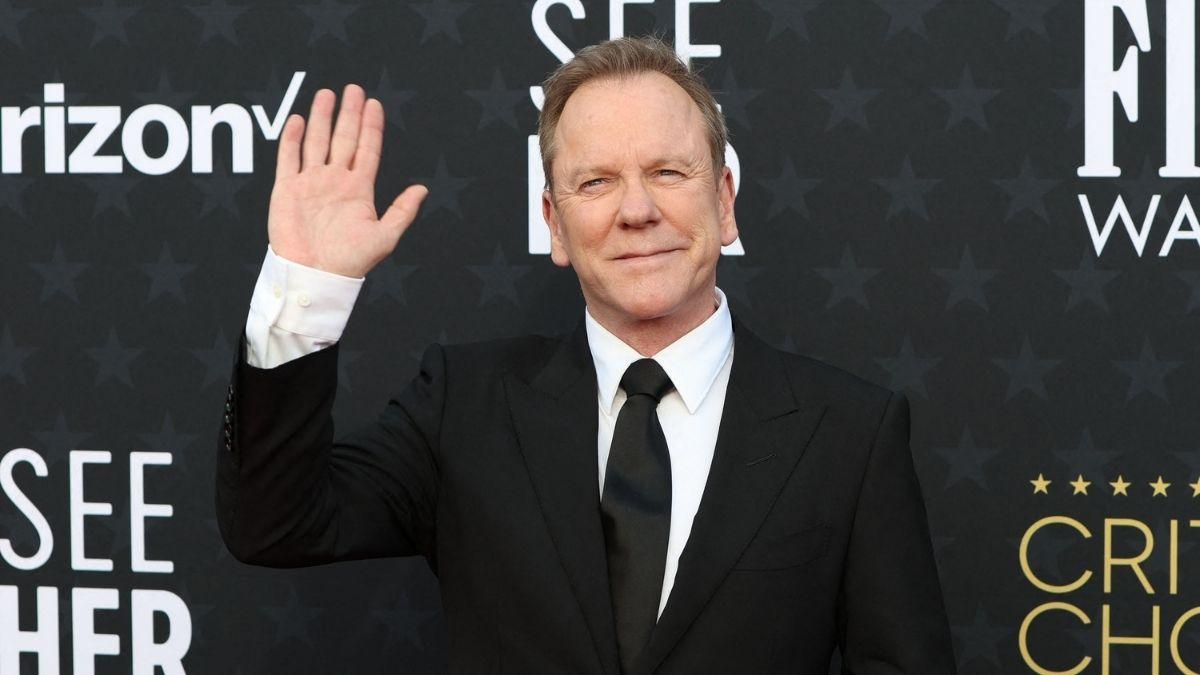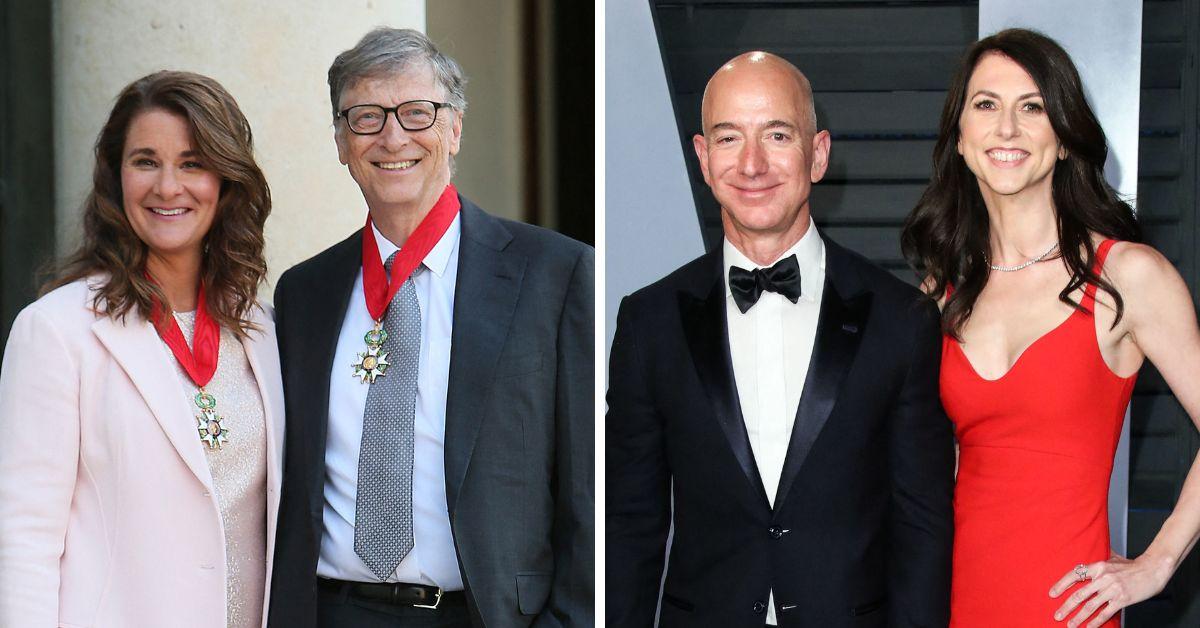Shrek Forever After
May 14 2010, Published 7:33 a.m. ET
For the average American male, a mid-life crisis means a Ferrari. For Shrek (voiced by Mike Myers), a hulking green ogre with antennae, facing mid-life mundanity means getting back to roots, complete with terrorizing villagers, eschewing responsibility and playing in the mud.
In Shrek Forever After, the fourth and, ostensibly, final installment in the animated DreamWorks franchise, the titular character is back in what appears to be modern suburban bliss. He’s married to Princess Fiona (voiced by Cameron Diaz), father to three mini-ogres, and lives in a cute little hut in the woods that features a mud-jacuzzi and an ample outhouse. It’s quickly apparent that living the ogre dream is too boring to handle, and suddenly Shrek is making a deal with the resident devil (aka Rumpelstiltskin, voiced by Walt Dohrn), signing away his life in exchange for some youthful fun with the awkward strokes of a magic pen.
Movie Review: Letters To Juliet
If the impetus for action in the final Shrek seems far removed from what its intended audience might comprehend, the antics that ensue and ultimate message -- be grateful for what you have -- are pounded in hard enough for movie-goers of any age to understand. Daddy’s bored with his idyllic existence and needs to shun Mommy and misbehave for a while to feel like a masculine ogre again. Daddy’s immaturity is punished, though, when he loses everything he cares about, and must battle evil witches (whose gnarled visages and penchant for all-lady raves are truly disturbing) possibly to the death to get his boring existence back again. There are no trophy girlfriends, and Shrek sports a renaissance vest instead of a proverbial gray flannel suit, but the punishment is clear enough to communicate the point.
Despite Shrek’s identity issues and misguided decision, there’s enough lighthearted fun to balance out the unseemly conundrum. It takes a little while for Shrek Forever After to find its pace -- and its humor -- but once the heroic ogre heads for battle, there’s a surge of much-needed energy, as if suddenly everyone remembers how to crack jokes in a time of crisis. Some of the film’s best moments are the least dramatic. In Shrek’s new alternate world, Donkey (Eddie Murphy) is not yet his friend and Puss in Boots (Antonio Banderas) has grown fat and lazy, letting rats share his cream and Fiona stroke his fur (and his ego). His languid state allows for some adorable jokes that capitalize mainly on house cats and their shamelessness, while Donkey does his performative thing, with pop songs that cull chuckles of surprise out of context.
From a visual standpoint, Shrek Forever After is similar to its previous editions, and demands an adjustment period to acclimate to its computer-generated images. There’s a grotesqueness to the characters (even the good guys) that takes some getting used to, but the 3-D effects provide a good distraction. As the film’s energy warms up, so it seems the creatures’ faces do, too. Entertaining and mostly unsurprising, Shrek Forever After fulfills its mission. Its creative use of catchy, multi-generational hits and its stars’ unswerving talent keeps it lively enough to mostly make up for initial stalling. As a final chapter to the ogre-driven epic, the film -- at times both tepid and enjoyable -- is a fitting end to a series whose time has come to close the book and live happily ever.



